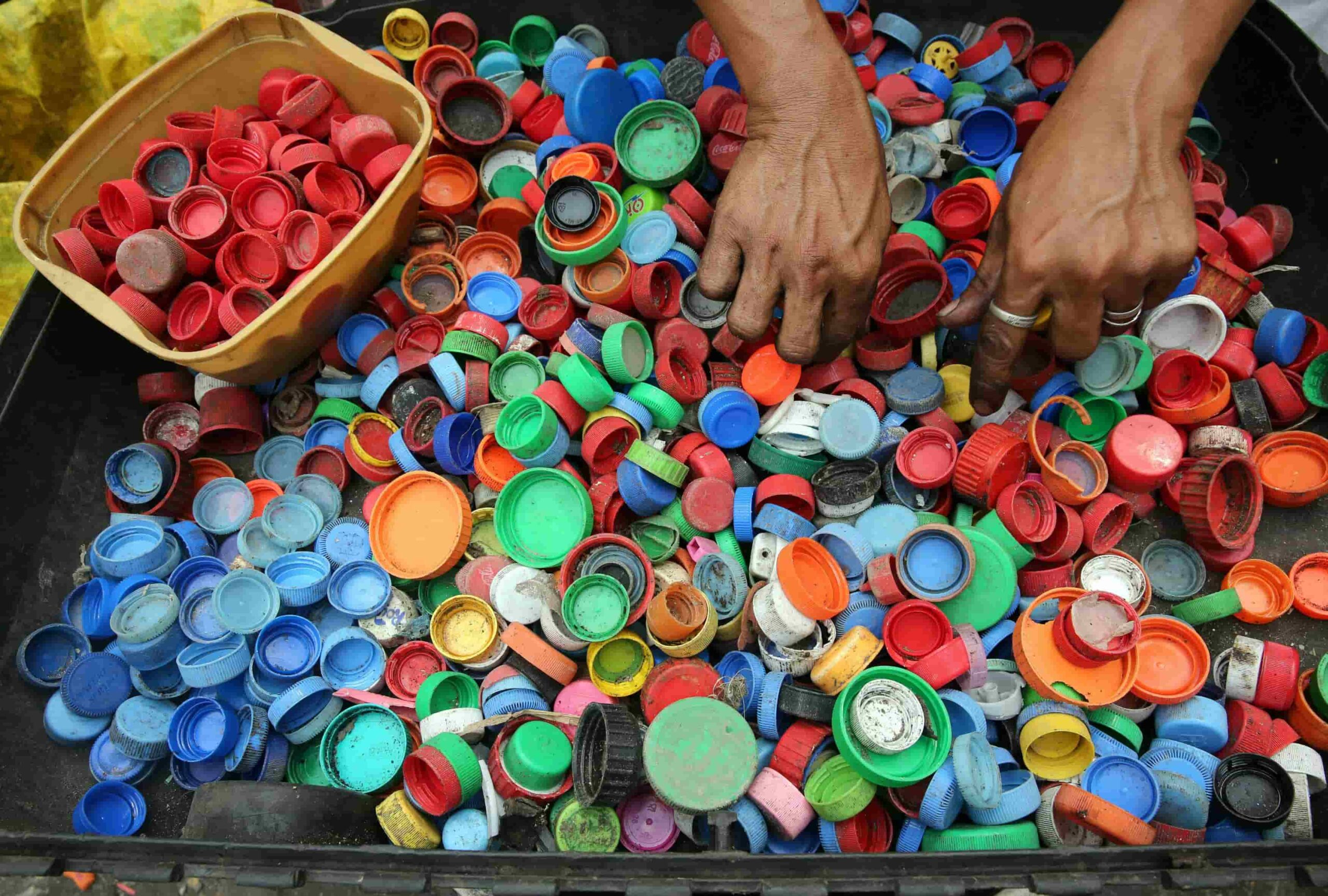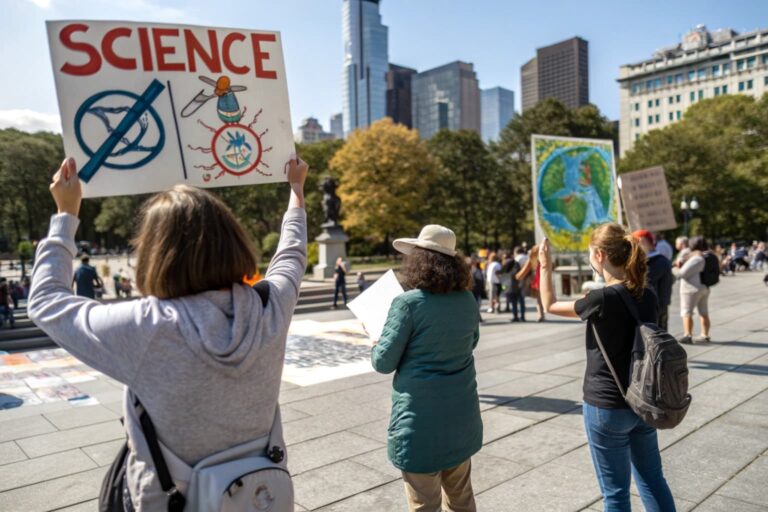Combating Plastic Pollution: Three Proven Strategies
As the world watches, 175 countries are gathering in Busan, South Korea, for a pivotal meeting. Their mission? To negotiate a groundbreaking United Nations treaty aimed at drastically reducing plastic pollution. The stakes are high, and the outcome is uncertain. Will the treaty be strong and effective, or will it fall short of expectations?
While global consensus is still a work in progress, many cities and nations are already taking matters into their own hands. These local initiatives offer a glimpse into what works—and what doesn’t—in the fight against plastic pollution. Here are three strategies that have shown real promise:
Ban Single-Use Plastics: Over 90 countries and territories have implemented bans on single-use plastics like carrier bags. These bans can be incredibly effective. For instance, bans in five US states and cities slashed the consumption of single-use plastic bags by a staggering six billion bags annually. Even small fees can make a big difference. In the UK, a mandatory fee for single-use carrier bags led to an 80% reduction in plastic bags found on beaches. However, poorly designed bans can backfire. In California, a switch to thicker, reusable bags resulted in more plastic waste than before. The key is constant monitoring and adaptation.
Make Producers Pay: Many nations and US states hold companies accountable for recycling the plastic packaging they produce. In Spain, an ‘extended producer responsibilities’ policy boosted recycling rates from a mere 5% to an impressive 81%. While these policies aim to incentivize redesign, they often focus more on the amount of packaging rather than its composition. A smart approach is to reward or mandate the inclusion of recycled content in products. In the UK, plastic producers pay a tax on packaging that’s less than 30% recycled, encouraging a shift towards more sustainable practices.
Cut Down Microplastics: Microplastics, tiny particles from sources like car tyres and textiles, are a major contributor to ocean pollution. Banning microbeads from cosmetics has put significant pressure on companies to stop using them. France is taking a bold step by mandating microfibre filters in new washing machines starting next year. While filters help, a broader shift in textile production is needed to tackle microplastics effectively. This highlights the need for international cooperation.
The fight against plastic pollution is complex and multifaceted, but these strategies offer a roadmap to success. As Trisia Farrelly, an environmental anthropologist, notes, ‘Some countries are pre-emptively protecting themselves, regardless of what happens with the treaty.’ These local efforts are crucial, but a global treaty could unify and amplify their impact. Douglas McCauley from the University of California, Santa Barbara, warns, ‘If we miss this opportunity to do unified policy-making with standardized guidelines, we’re going to set ourselves back decades or more.’
The world is at a crossroads. Will we seize this moment to create a lasting solution to plastic pollution, or will we let it slip through our fingers? The coming days will tell.






